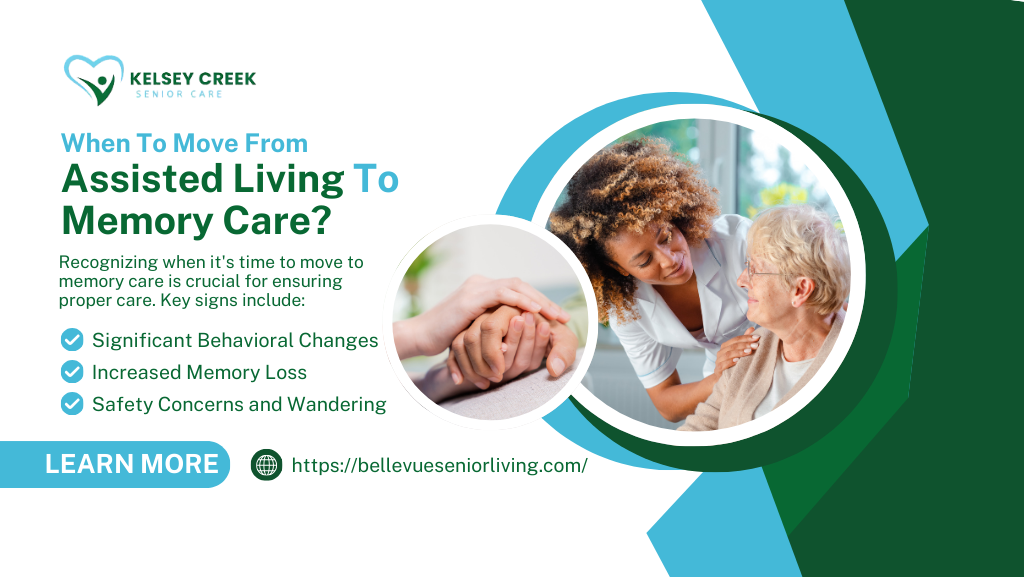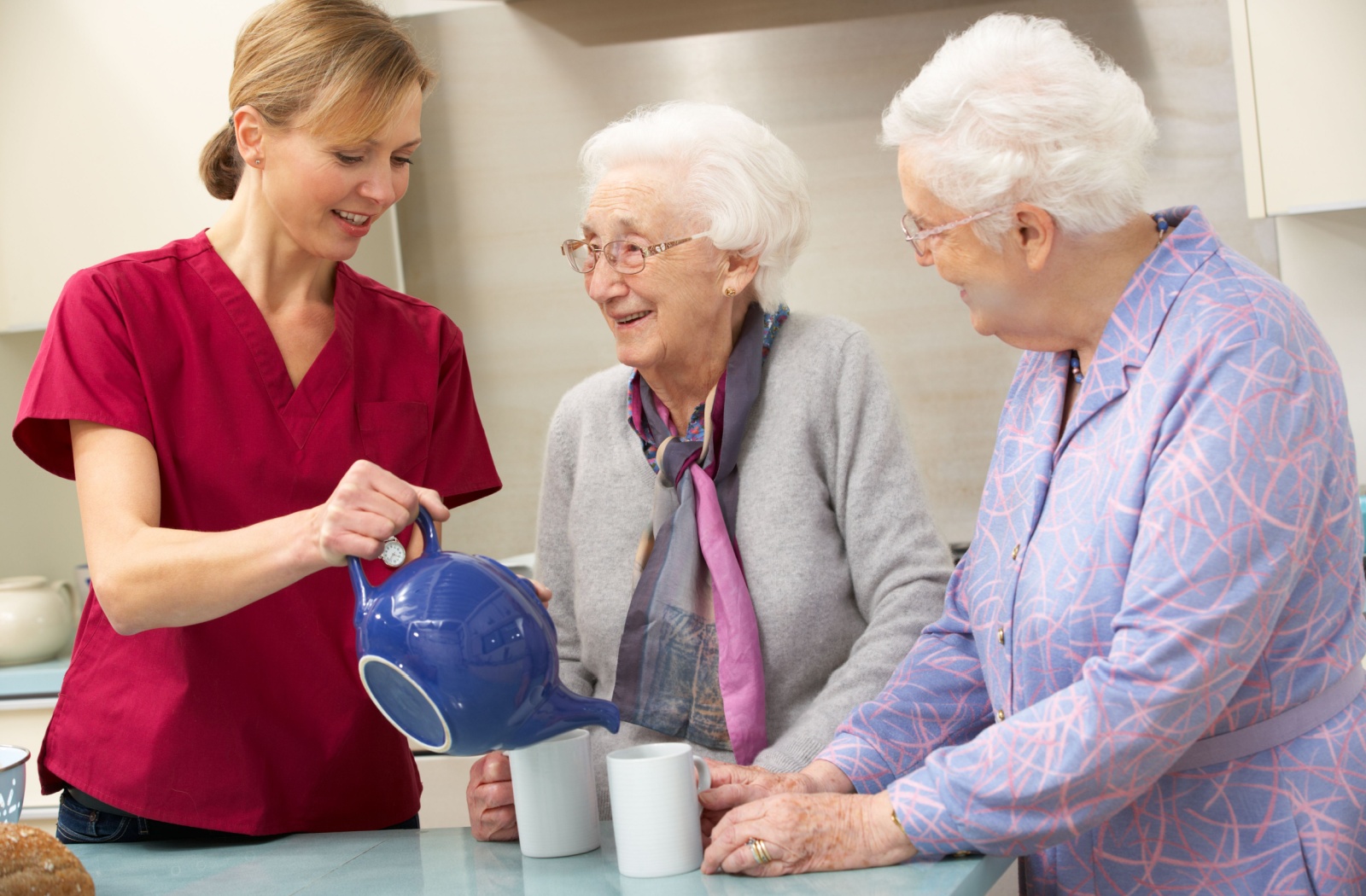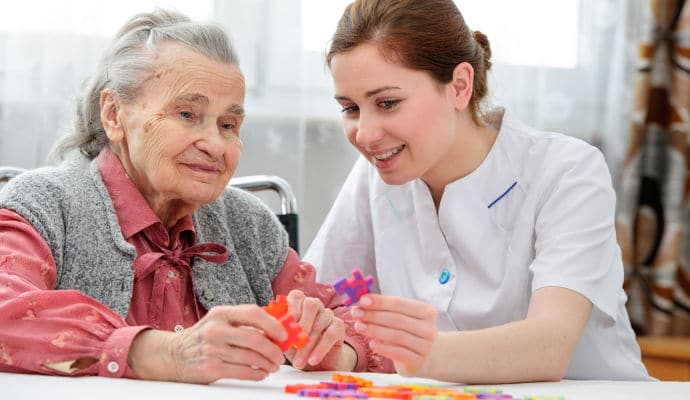Personalized Solutions for Households Looking For Alzheimers Care Charlotte
Producing a Safe and Encouraging Environment for Alzheimer's Treatment
The development of a encouraging and risk-free environment for people with Alzheimer's is vital in enhancing their lifestyle. This includes not only physical adjustments within the home, such as lessening hazards and including familiar components, yet additionally the application of organized routines and significant activities that accommodate their cognitive demands. Understanding the emotional and emotional dimensions of treatment can dramatically influence their feeling of safety and security and link. Exploring these multifaceted approaches can expose crucial understandings right into reliable caregiving techniques that may change the everyday experiences of both people and caregivers.
Comprehending Alzheimer's Demands
Frequently, individuals with Alzheimer's illness display a variety of needs that need customized techniques to care. As the problem advances, cognitive decline manifests in different ways, impacting memory, reasoning, and also the ability to execute everyday tasks. Caregivers need to recognize these advancing requirements to supply suitable support and ensure a greater top quality of life for those influenced.
One crucial aspect of recognizing Alzheimer's requirements is acknowledging the importance of routine and knowledge. Individuals typically find convenience in well established patterns, which can decrease anxiety and complication. Caregivers should make every effort to produce organized daily timetables that integrate meaningful tasks aligned with the individual's capabilities and rate of interests.
In addition, effective communication is extremely important. People with Alzheimer's might battle to share themselves or comprehend complicated language. Caretakers should use straightforward, clear language, use non-verbal signs, and method energetic listening to promote understanding and connection.
Finally, social and emotional demands can not be neglected. Supplying opportunities for social interaction and preserving relationships can substantially enhance psychological wellness. Caregivers ought to motivate involvement in neighborhood tasks or family events, advertising a sense of belonging and objective. Comprehending these varied demands is necessary for developing a supportive treatment environment.
Creating a Safe Home
Producing a risk-free home for individuals with Alzheimer's disease is important to minimizing risks and advertising self-reliance. The style of the living room must prioritize safety while allowing for individual comfort. Eliminate potential hazards such as loosened carpets, sharp objects, and mess, which can lead to drops or crashes. Guarantee that pathways are clear and well-lit, as correct lighting decreases disorientation and enhances movement.
Including adaptive features is likewise important. Mount grab bars in shower rooms and near staircases, and think about using non-slip floor coverings in wet locations. Additionally, using different colors for wall surfaces and floors can help in distinguishing rooms, assisting to minimize confusion.
Experience is essential for people with Alzheimer's. Personalizing the setting with familiar items and pictures can reinforce a sense of belonging and safety - Alzheimers Care Charlotte. It is also valuable to have a marked location for daily activities, such as analysis or crafting, which can offer framework to their day
Last but not least, executing a safe and secure outdoor space enables safe exploration while getting in touch with nature. By thoughtfully creating the home atmosphere, caregivers can considerably boost the top quality of life for people coping with Alzheimer's condition.
Enhancing Communication Skills

Non-verbal communication, including faces, motions, and touch, plays a vital function in communicating empathy and understanding. Keeping eye call and a calm attitude can improve the comfort degree of the individual, promoting a feeling of safety and security.
In addition, it is very important to practice energetic listening. This includes being fully present, revealing persistence, and allowing the individual to express themselves without disturbance. Repetition might be needed; caregivers must be prepared to review questions or subjects, as individuals with Alzheimer's might have a hard time with memory recall.
Additionally, utilizing visual aids or signs, such as photos or acquainted items, can facilitate acknowledgment and engagement. Eventually, enhancing interaction skills has to do with building count on and developing an atmosphere where people feel listened to, valued, and recognized, thus improving their top quality of life.
Urging Social Interaction
Fostering significant social communications can considerably boost the health of people with Alzheimer's condition. Engaging with others not only assists fight sensations of isolation however additionally stimulates cognitive function and psychological wellness. Structured social activities, such as group arts, games and crafts, or songs therapy, create chances for residents to link with peers and caretakers, which can result in enhanced state of mind and minimized anxiety.
Creating a welcoming setting that urges socializing is necessary. This can be attained by arranging communal areas that promote communication, such as comfy seating locations or task areas. In addition, including familiar and culturally relevant tasks can motivate and trigger memories participation, enabling people with Alzheimer's to feel even more linked to their past experiences.
Furthermore, caregivers should be trained to recognize and advertise social interaction his response amongst citizens. Basic gestures, such as initiating conversation or helping with tiny seminar, can assist individuals really feel valued and consisted of. Routinely scheduled social events need to correspond yet versatile, accommodating differing degrees of capability and rate of interest. By prioritizing social communication, we can dramatically enhance the lives of those living with Alzheimer's, cultivating a sense of area and belonging.
Sustaining Caregiver Well-being

To support caregivers, companies need to provide normal training and educational resources to improve their understanding of Alzheimer's condition and caregiving strategies. Giving accessibility to respite care services enables caregivers to take needed breaks, minimizing stress and fatigue - Alzheimers Care Charlotte. Furthermore, promoting a neighborhood via assistance teams can assist in psychological sharing and the exchange of practical recommendations amongst caretakers, creating a network of mutual assistance
Psychological health resources, such as therapy services, can likewise be important in addressing the emotional toll caregiving can take. By focusing on caretaker health, we produce an even more lasting caregiving atmosphere that not only benefits the caregivers themselves but additionally enhances the total quality of care obtained by people with Alzheimer's. Inevitably, sustaining caretakers is an important component in promoting a compassionate and reliable care setting.
Conclusion
To conclude, the production of a supportive and safe environment for individuals with Alzheimer's YOURURL.com is necessary to Website boosting their top quality of life. By focusing on safety through thoughtful design, promoting emotional well-being with acquainted aspects, and promoting engagement through structured routines, caretakers can dramatically affect the overall experience of those influenced by this problem. In addition, sustaining caregiver health is vital, as it eventually adds to an extra reliable and caring treatment atmosphere.
Rep may be essential; caretakers ought to be prepared to take another look at topics or inquiries, as people with Alzheimer's may struggle with memory recall.
